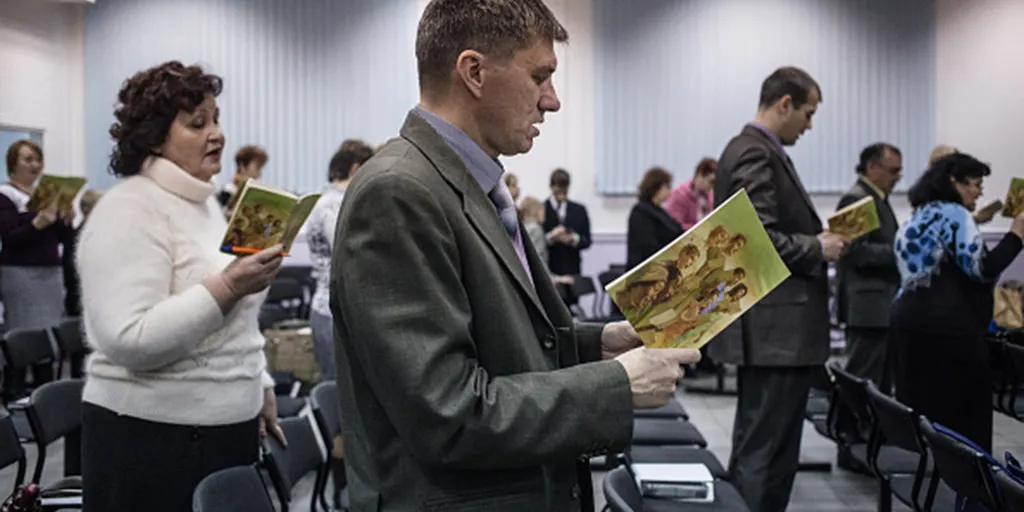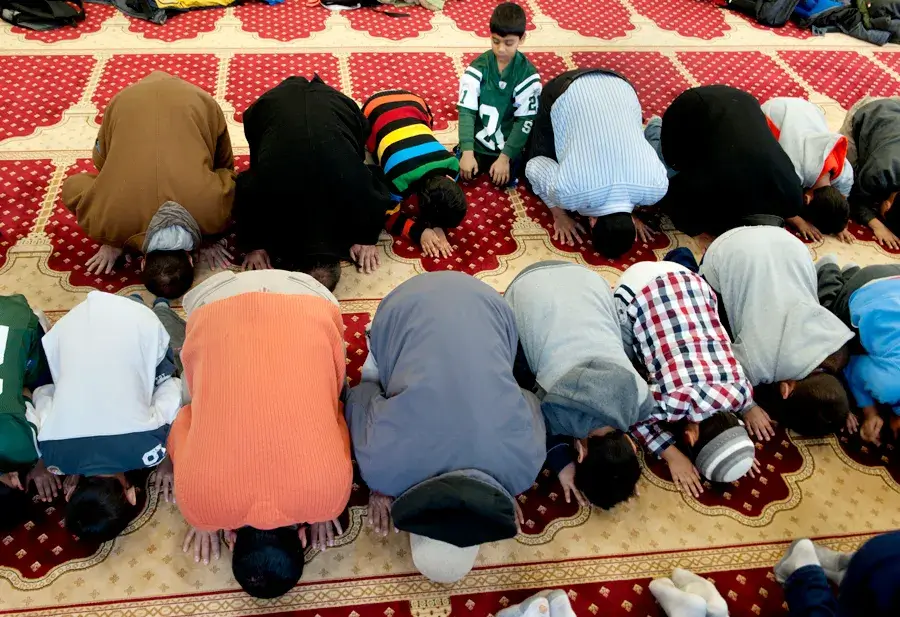Birthday celebrations have a rich history dating back thousands of years, with roots in various cultures and traditions.
Birthday celebrations can be traced back to the ancient civilizations of Egypt and Greece.
The modern celebration of individual birthdays with cakes and candles started in the Middle Ages in Europe.
Believe it or not, while birthdays are widely celebrated across many cultures, there are some where the tradition is notably absent.
But why they are not as excited about birthdays as the rest of the world?
Let’s find out…
1. Bhutanese

In Bhutan, which markets itself as “the happiest country in the world,” birthdays are not celebrated.
The main reason behind the Bhutanese not celebrating their individual birthdays is the belief that a happy life is more important than the number of years someone has been alive.
The Southeastern Asia kingdom focuses more on happiness. So, instead of measuring GDP, it measures Gross National Happiness (GNH).
Another reason why Bhutanese do not celebrate birthdays is because they have a different calendar—they do not use the more universal Gregorian Calendar. So, most Bhutanese do not know the actual date of their birthdays.
For administrative purposes, all Bhutanese get a year older on January 1 every year. On New Year’s, they observe a collective national celebration of their birthday.
2. Vietnamese

Like the Bhutanese, the Vietnamese do not observe individual birthdays.
They get one year older on the Vietnamese New Year (Tet), which is not the same day every year.
But it always falls in January or February in the Gregorian calendar. For example, this year they celebrated New Year on February 10, while last year they celebrated it on January 22.
Another confusing factor with Vietnamese birthdays is that when babies are born, they are already one year old. So, you would be one year older if you were born in Vietnam.
3. Jehovah’s Witnesses

Jehovah’s Witnesses do not observe most conventional celebrations other Christians observe, including birthdays.
They believe celebrating birthdays displeases God, and they have several arguments to support their belief.
They argue that birthday celebrations have pagan origins. Birthday celebrations trace back to ancient Egypt and ancient Greece.
The Greeks believed that evil spirits have an opportunity to attack a person on their birthday and that the presence of friends and making wishes could ward off the spirits. The Romans also celebrated birthdays.
Jehovah’s Witnesses also argue that there is not a single record in the Bible of a servant of God celebrating their birthday. Additionally, the early Christians did not celebrate birthdays.
Here are Other Jehovah’s Witness Traditions Worth Knowing:
4. Some Christians and Judaists

For the same reasons as the Jehovah’s Witnesses, some Christians, Jews, and other people who practice Judaism do not celebrate birthdays.
Hasidic Jews specifically, do not celebrate birthdays as they view celebrating oneself as vain or conceited.
Other Christian denominations like the Amish do not celebrate birthdays because it is a custom that elevates self-importance and promotes individualism, which is against their values of community and humility.
5. Some Muslims

Birthday celebrations are not mentioned in the Islamic religious doctrines established by Prophet Mohamed.
For that reason, some Muslims do not celebrate birthdays, especially the Salafis and Wahhabis sects.
You may also want to check:

